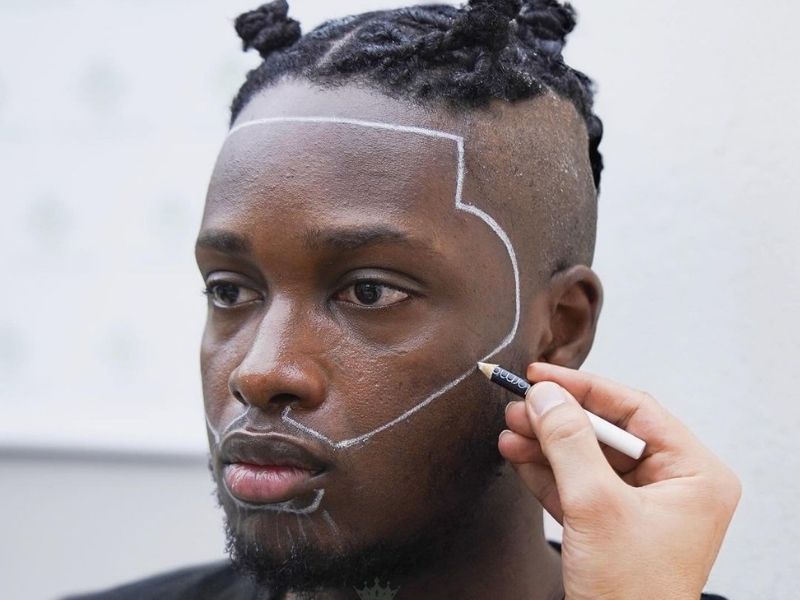Beard Transplant Aftercare Tips
Beard transplantation is a good solution for people who are not born with a beard or whose beards fall out with age. The care practices applied after beard transplantation will ensure that the beards grow thicker after the transplantation treatment and will be treated in a short time. For this reason, it is important that the process after beard transplantation is managed correctly and care practices are done well.
Things to Consider in the First Days After Beard Transplantation
In the recovery part after beard transplantation, the first 1 week after the operation determines the whole process and this process is easily overcome with simple methods. Resting for the first 3 days after the operation is very important. Alcohol and cigarettes should not be consumed for the first 3 days after the beard transplant operation. Activities that will cause sweating such as sports should be avoided. Items such as turtlenecks and scarves should not be preferred to avoid any contact with the hair follicles.
It is important to eat a balanced diet for a good recovery. By consuming foods rich in vitamins and minerals, you can support your body’s repair process. In addition, drinking plenty of water both protects your overall health and speeds up the healing process.
If your doctor has given you a specific check-up date, be sure to follow it. In the first few days, it is important to check the condition of the transplant site and consult your doctor to ensure that the process proceeds in a healthy way. In case of any abnormal situation or discomfort, contact your doctor immediately.
Proper Care Methods for Healing Wounds
- It is important to clean the transplant area with a gentle soap; you should avoid applying water or soap directly.
- You should reduce the risk of infection by regularly using antiseptic products recommended by your doctor.
- Keeping wounds moisturized speeds healing, so you should use moisturizing creams recommended by your doctor.
- You should avoid sunlight while the wounds are healing; wearing a wide-brimmed hat or using sunscreen creams when going outside will be helpful.
- You should avoid heavy exercise in the first few days, as rest speeds up healing.
- You should eat a balanced diet; nutrients such as vitamin C, vitamin E and zinc support wound healing.
- You should remember to attend the check-up appointments recommended by your doctor; if you experience any problems, you should contact your doctor.
How to Wash the First Wash After Beard Transplantation?
The first wash and shaving are important stages and improper application in these parts negatively affects the hair follicles. Normally, the first wash after beard transplantation takes place in the clinic where the operation is performed, but sometimes there may be situations that require patients to do the first wash at home. It is necessary to be very sensitive in washing at home.
While washing, movements that will create pressure should be avoided and the beard should be washed with soft movements. The crusts in the holes where the hair follicles are transplanted fall off after the washing process. The lotion recommended by your doctor should be used in the washing process. This lotion should be left on the skin surface for approximately 45 minutes. The lotion should be removed from the skin with small movements.
The water to be used should also be warm.
How Long Does Beard Transplantation Take to Heal?
Beard transplantation is a popular solution for people who want to increase facial hair growth and achieve a bushier beard. However, it is important to understand the healing process after the procedure in order to set realistic expectations and guarantee optimal results.
A period of 6 to 9 months is required for the hair follicles to reach the expected normalization level in transplants performed with the correct methodology, and it should not be forgotten that the physiological characteristics of the individual, the operation and the post-operative process play a factor in the prolongation or shortening of this period.
The recovery process after beard transplantation involves several stages, including initial healing, shedding and eventual regrowth. Although some aspects of the healing process can be frustrating, patience is essential. Following your surgeon’s aftercare instructions and maintaining realistic expectations will help you achieve the best possible outcome. If you have any concerns during your recovery, do not hesitate to reach out to your healthcare provider for guidance.


